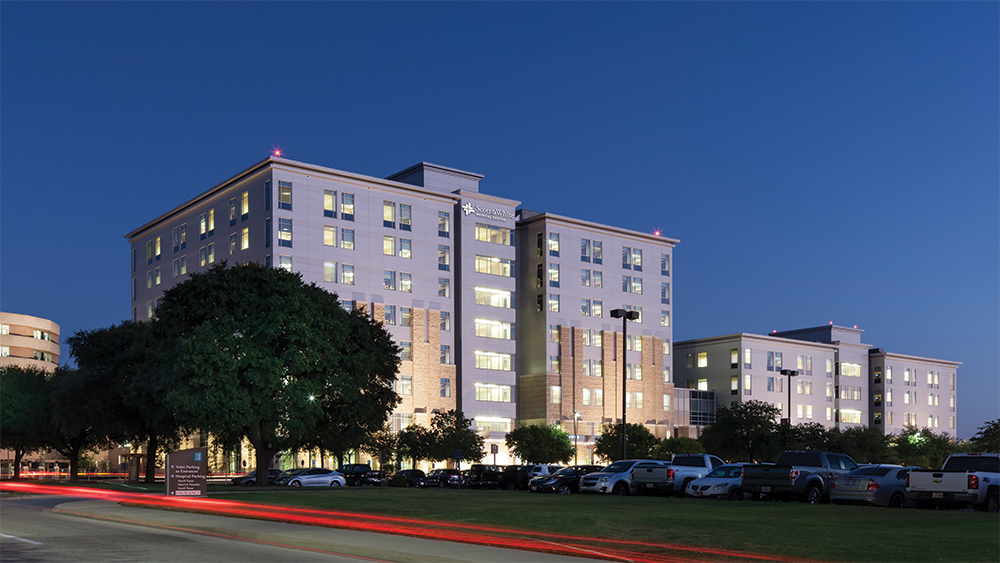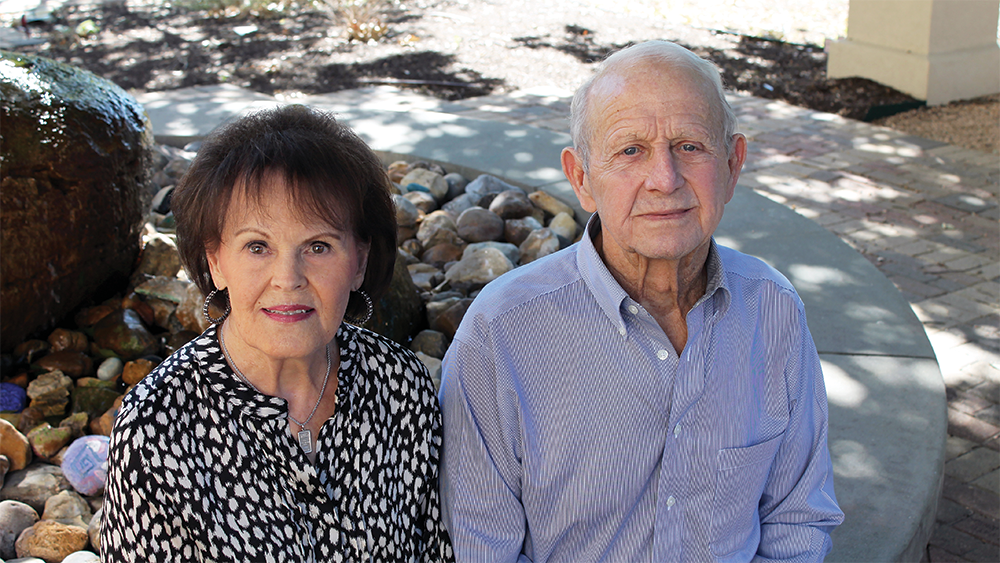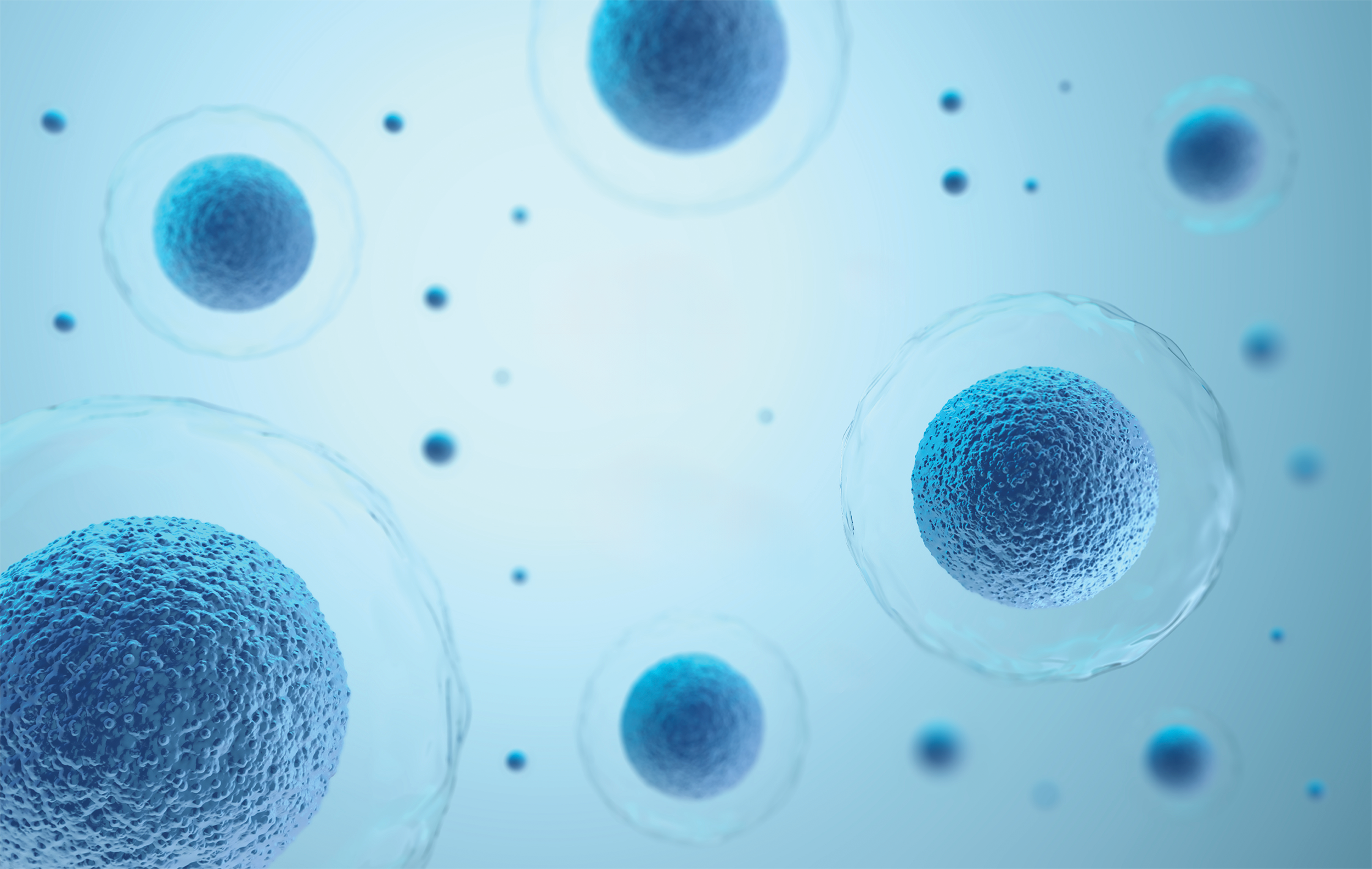
News and Stories
-
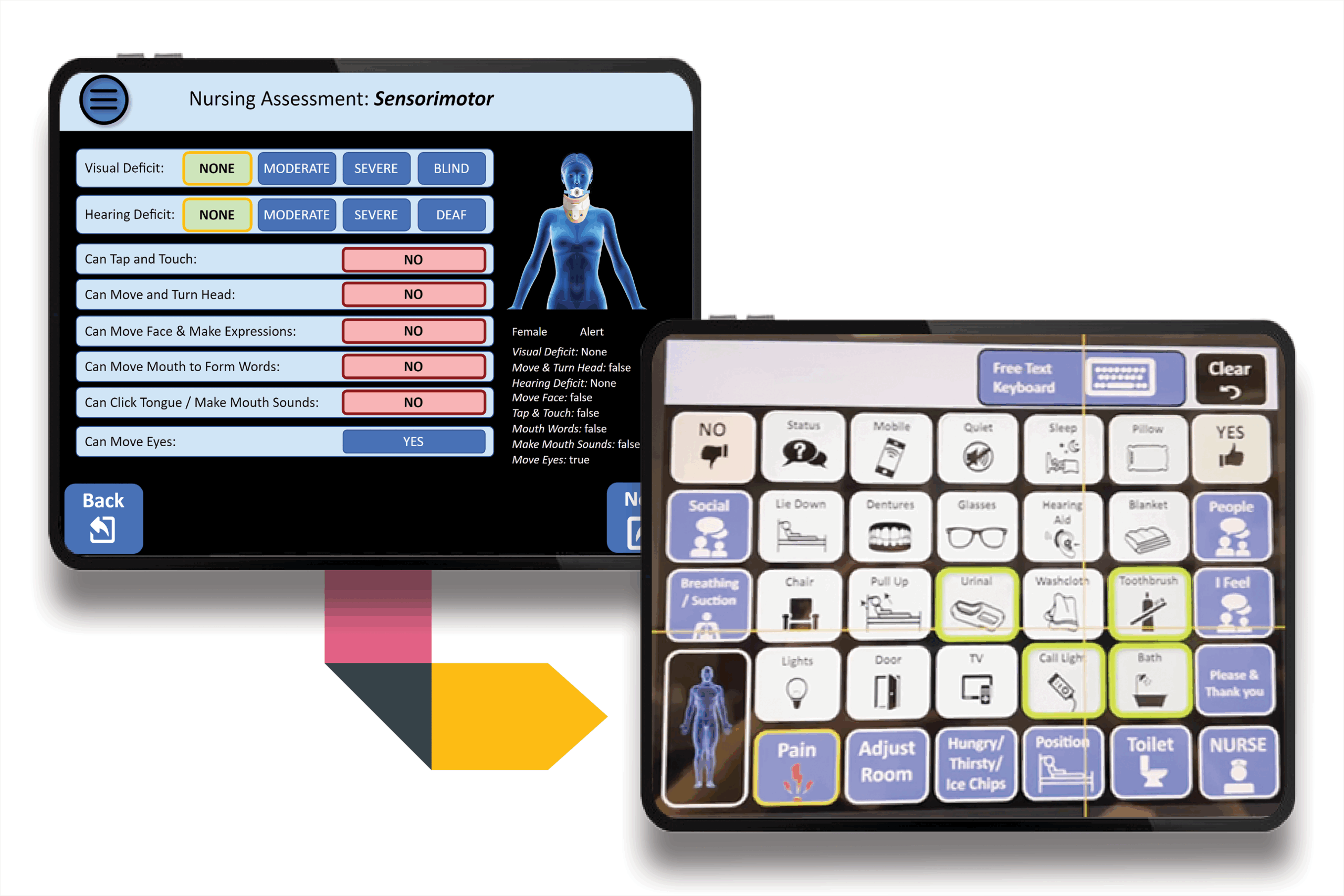
Voice to the Voiceless: Update
October 16, 2025Donor support for Voice to the Voiceless helps overcome communication barriers and give patients a voice in their care.Learn more Voice to the Voiceless: Update -
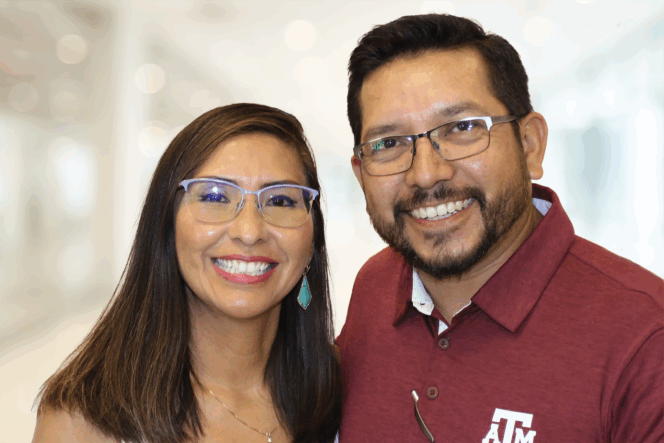
My ‘why’ will always be my family
October 16, 2025Denise Jimenez, a healthy woman in her 40s, was diagnosed with complete heart block. Thanks to her care at Baylor Scott & White, she is able to continue enjoying life with her family.Learn more My ‘why’ will always be my family -
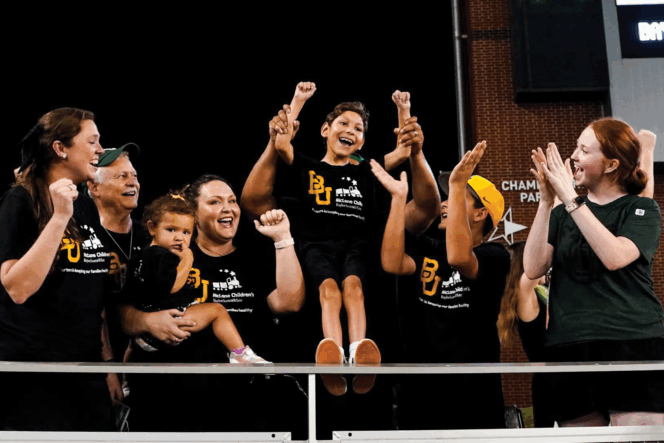
McLane Children’s teams up with Baylor University
October 16, 2025McLane Children’s is expanding its relationship with Baylor University Athletics in a joint effort to promote healthy lifestyles and empower children and families to live well.Learn more McLane Children’s teams up with Baylor University -
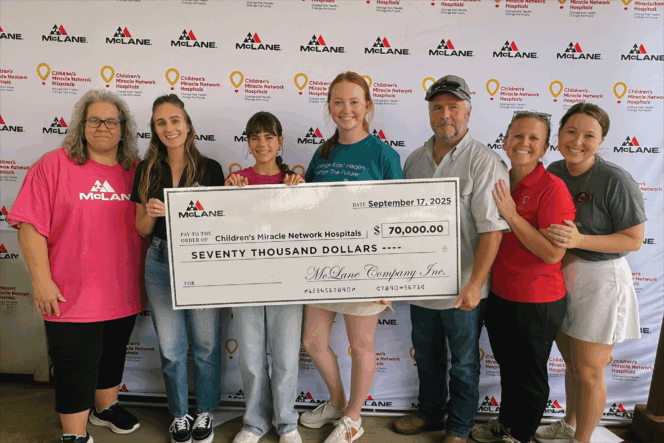
Pull! McLane Company’s Sporting Clay Shoot hits the mark for healthy kids
October 16, 2025The McLane Company's 17th annual Sporting Clay Shoot raised $70,000 for Children's Miracle Network.Learn more Pull! McLane Company’s Sporting Clay Shoot hits the mark for healthy kids -
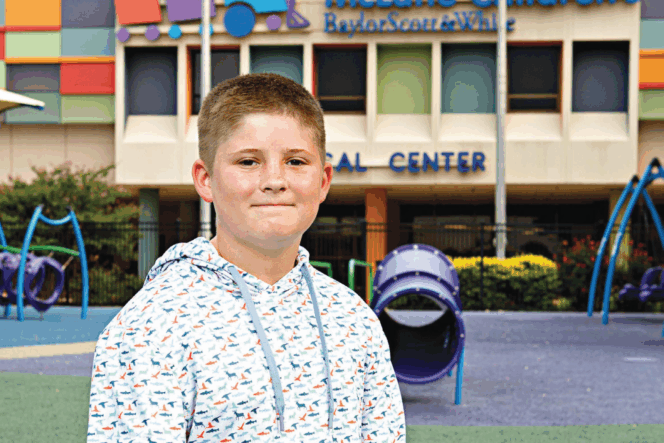
Back on the field
October 15, 2025Thanks to expert care, Brigg is back on his feet—and back in the game. Adapted from Tex Appeal Magazine.Learn more Back on the field -
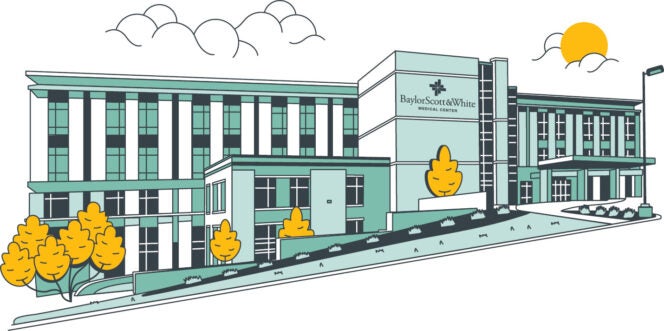
Celebrating 10 years of growing together in the Hill Country
October 15, 2025Revisit the impact of our generous donors on the past decade of quality healthcare in the Hill Country.Learn more Celebrating 10 years of growing together in the Hill Country -
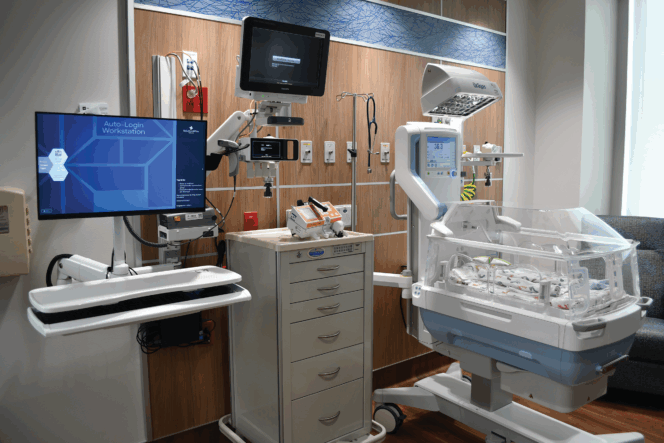
Peek-a-boo! It’s Round Rock’s new NICU
October 15, 2025Thanks to your generosity, the new Level III NICU is now open at Baylor Scott & White Medical Center – Round Rock.Learn more Peek-a-boo! It’s Round Rock’s new NICU -
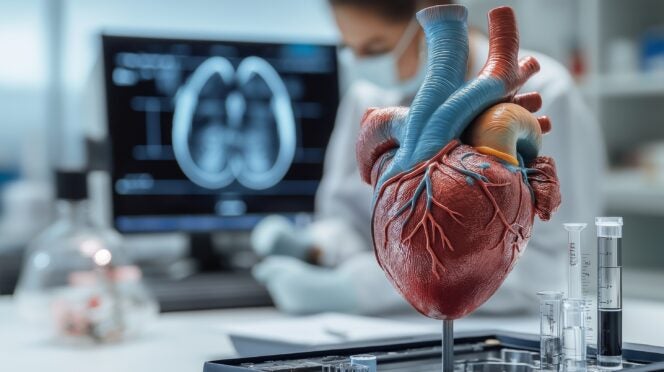
Advanced heart care near home
October 15, 2025A new minimally invasive heart procedure is now available at Baylor Scott & White Medical Center – Round Rock.Learn more Advanced heart care near home -
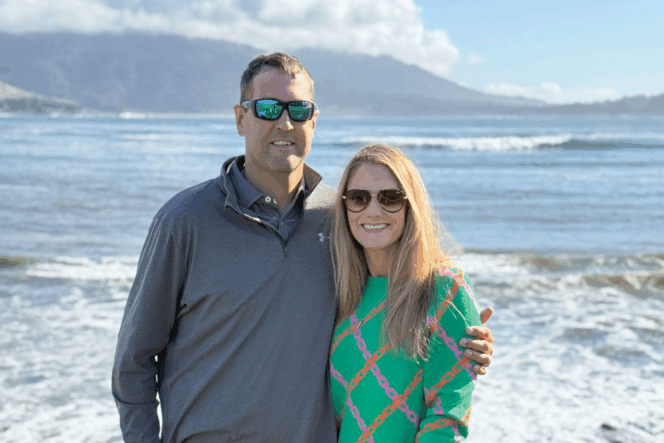
Walking together
October 15, 2025A family’s gift to help cancer patients navigate the journeyLearn more Walking together -
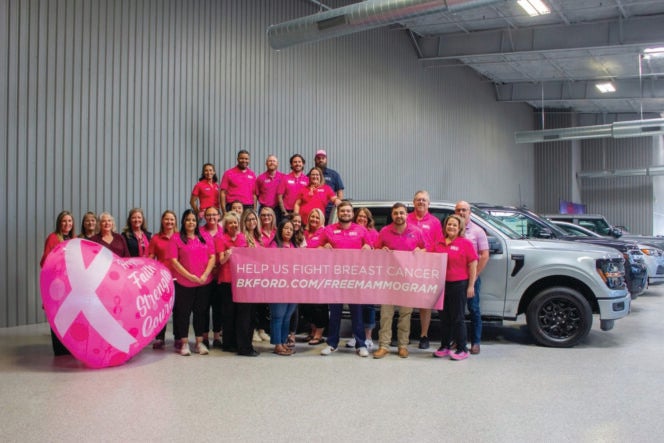
Breast cancer warriors in Waco
October 15, 2025Bird Kultgen Ford Bird Kultgen Ford continues to make a meaningful impact in the fight against breast cancer. Every October, the dealership hosts its annual breast cancer awareness initiative, offering free mammograms at the Breast Imaging Clinic at Baylor Scott & White Medical Center – Hillcrest in honor of Breast Cancer Awareness Month. Since launching […]Learn more Breast cancer warriors in Waco -
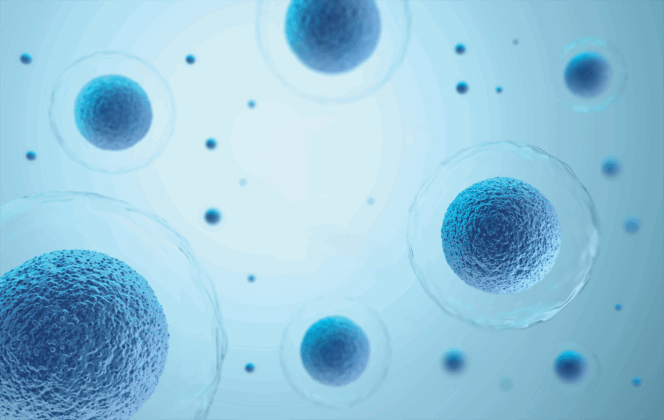
When it might be cancer…
October 15, 2025Our new clinic’s focus is putting patients on a path for diagnosis and lifesaving care more quickly.Learn more When it might be cancer… -
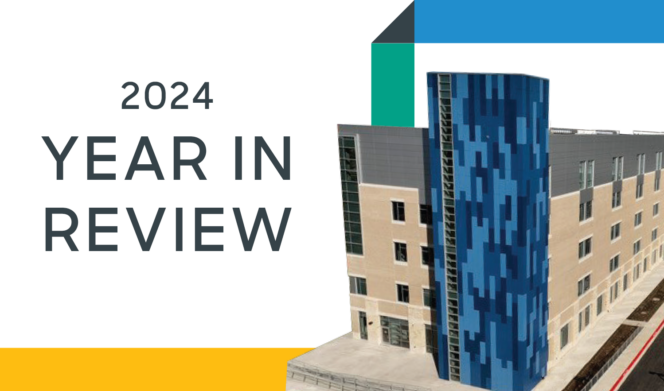
Year in review – 2024
March 22, 2025Highlights of your impact from calendar year 2024 at Baylor Scott & White Health locations across Central Texas.Learn more Year in review – 2024
